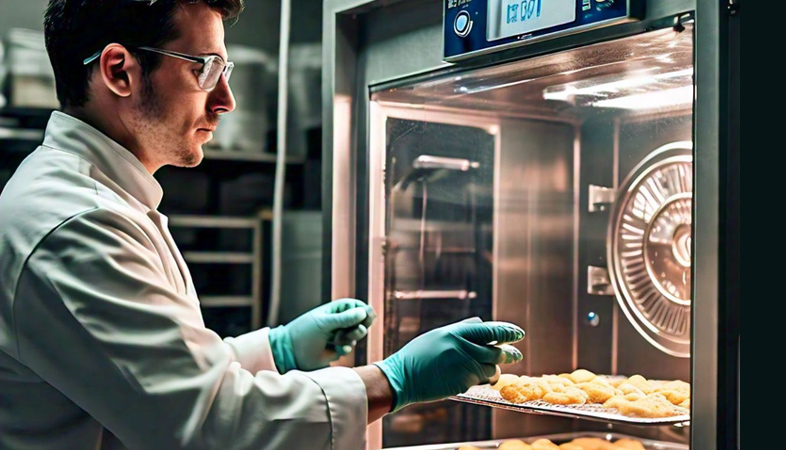SHARE
Commercials
More Posts
Jun 15, 2025
Freeze-Drying at Home: A New Take on Preservation
Mar 13, 2025
Til Aur Khajur Ke Ladoo - By Chef Reetu Uday Kugaji
Jul 03, 2025
Indo Chinese Chicken Soup - By Chef Rohit Anand
Jun 13, 2025
Rajwadi Dhokli - By Chef Lallan Kumar
Jun 15, 2025
Freeze-Drying at Home: A New Take on Preservation
Mar 13, 2025
Til Aur Khajur Ke Ladoo - By Chef Reetu Uday Kugaji
Jul 03, 2025
Indo Chinese Chicken Soup - By Chef Rohit Anand
Jun 13, 2025
.png)



























